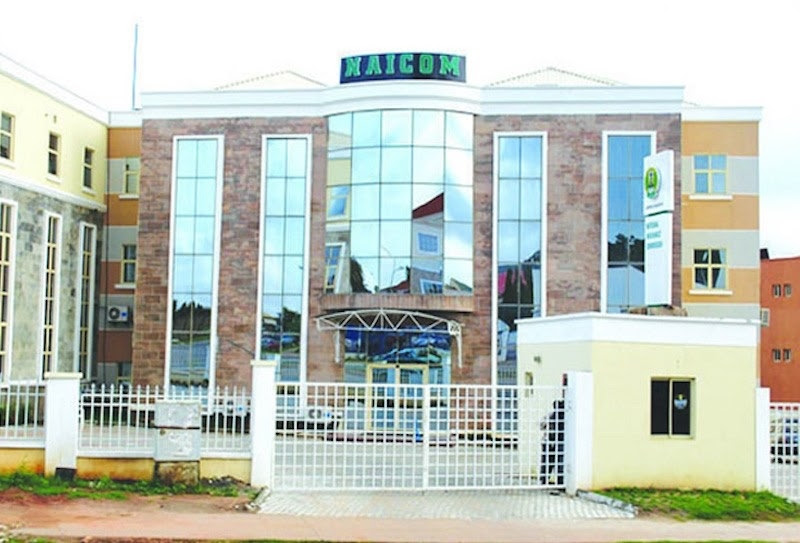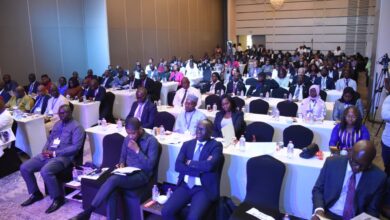NAICOM Harps on Capital Restructuring, Warns Insurers against Borrowing to Recapitalise

The National Insurance Commission (NAICOM) has called on insurance operators to embrace capital restructuring in order to meet their obligations as business entities, warning them against borrowing to capitalize.
Capital structure refers to the way a firm chooses to finance its assets and investments through some combination of equity, debt or other internal funds.
This mixture determines the capital gearing of a company. The ratio between debt capital (fixed interest) and equity capital (variable dividend) is called capital gearing.
It is high gearing when the proportion of debt capital is higher than the equity share capital. In order to protect the interest of equity shareholders, the company uses proper mix of various types of securities in its capital structure.
Thus, the capital base increase through increase in shares subscription would definitely dilute the capital structure of companies with high gearing ratio and this will facilitate further borrowing at a better terms (should there be any need for it).
The Director, Policy & Registration, National Insurance Commission (NAICOM), Mr. Agboola Pius while speaking on the theme: “Recapitalisation Roadmap: Implementation, Expectation and Benefits, at the seminar organized by the Commission for Insurance Correspondents in Ijebu Ode, Ogun State, explained how insurance underwriters can improve their liquidity position.
Agboola who said the liquidity position of some of the underwriters is very bad, noted that this is because, heavy investment are made on fixed assets like building, land etc which he said are impacting on their ability to meet current obligations as they fall due.
He said the capital increase will thus make the company liquid to meet their obligations, adding that one of the reasons while companies prefer raising capital through debt instrument is the cost of raising fund through new shares subscription.
Explaining the features of the minimum paid-up share capital, he said, “The definition of minimum paid-up share capital shall be referred and construed as those stipulated in Part III, Section 9 of the Insurance Act 2003. It shall be absolute paid-up share capital, as distinct from solvency capital / capital fund/ capital base.
“For the avoidance of doubt, and for an instrument to be treated as paid-up share capital, the following criteria among others must be satisfied:
“It must represent the most subordinate claim in liquidation of the insurer/ reinsurer.
“The investor is entitled to a claim, only on the residual assets that is proportional with its share of issued capital, after all senior claims have been paid in liquidation (i.e has an unlimited and variable claim, not fixed or capped claim).
“The principal is perpetual and never repaid outside of liquidation; Distributions are paid out of distributable profit or retained earnings;
There are no circumstances under which the distributions are obligatory.
It must not be a loan on the Company or margin facility whatsoever, he warned.
According to him, “Corporate governance oversight is one of the major regulatory concerns in Nigeria. The increase in capital would introduce major new big owners to the insurance industry and this may bring new ideas, innovations and improve oversights resulting in better corporate governance in the system.
“Using our experience as an illustration, merger which dilutes organisation control power, could produce a good output.”
He said the Commission is already working on palliative measures on the new capital directive with other regulatory organs to ensure success.





